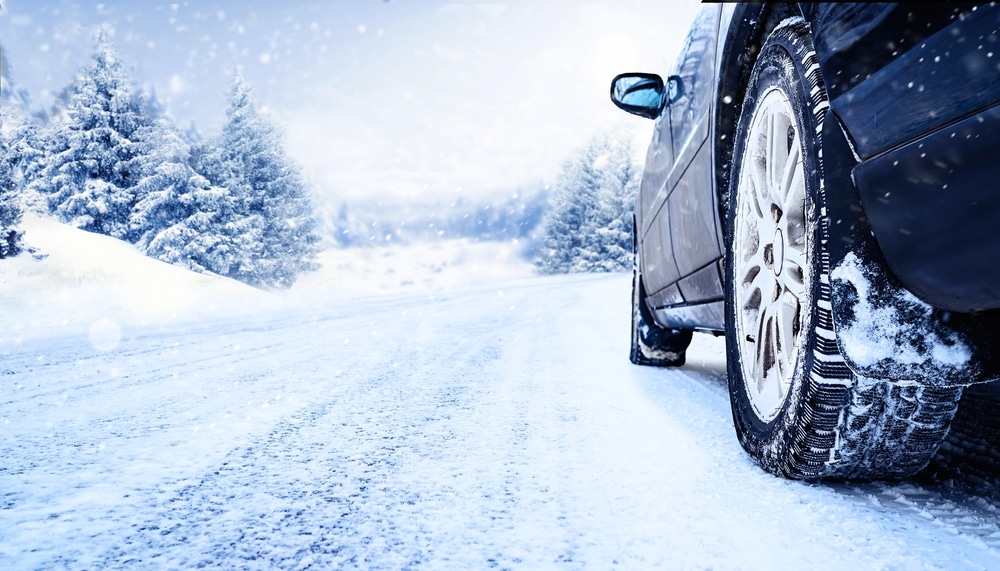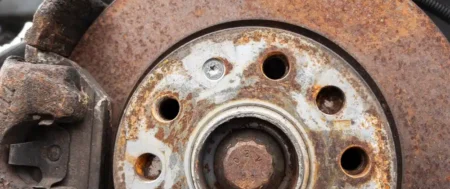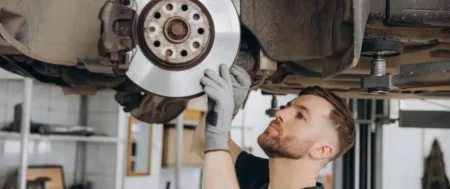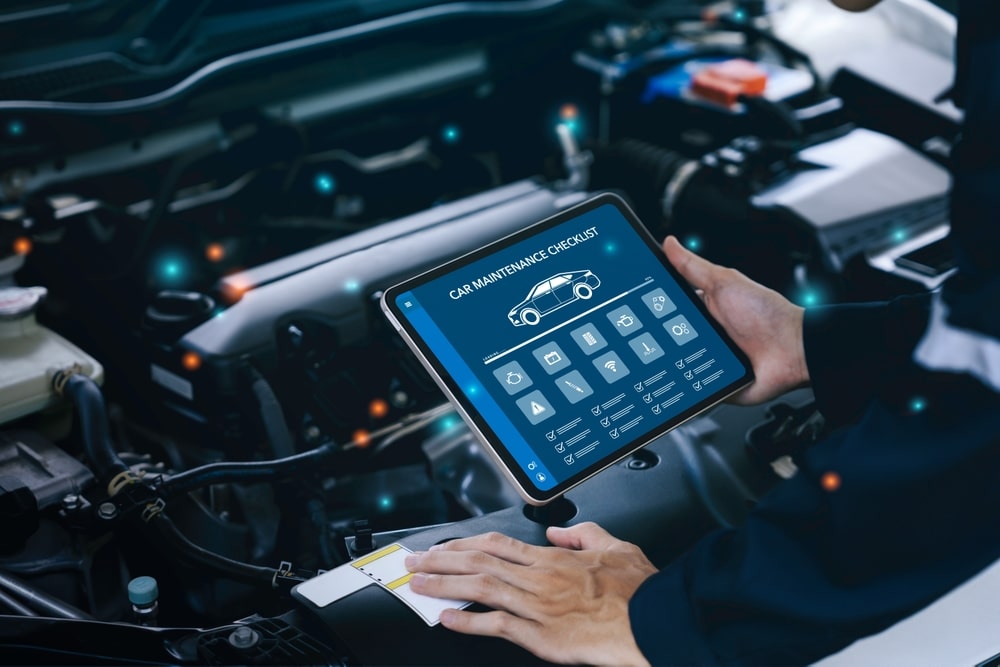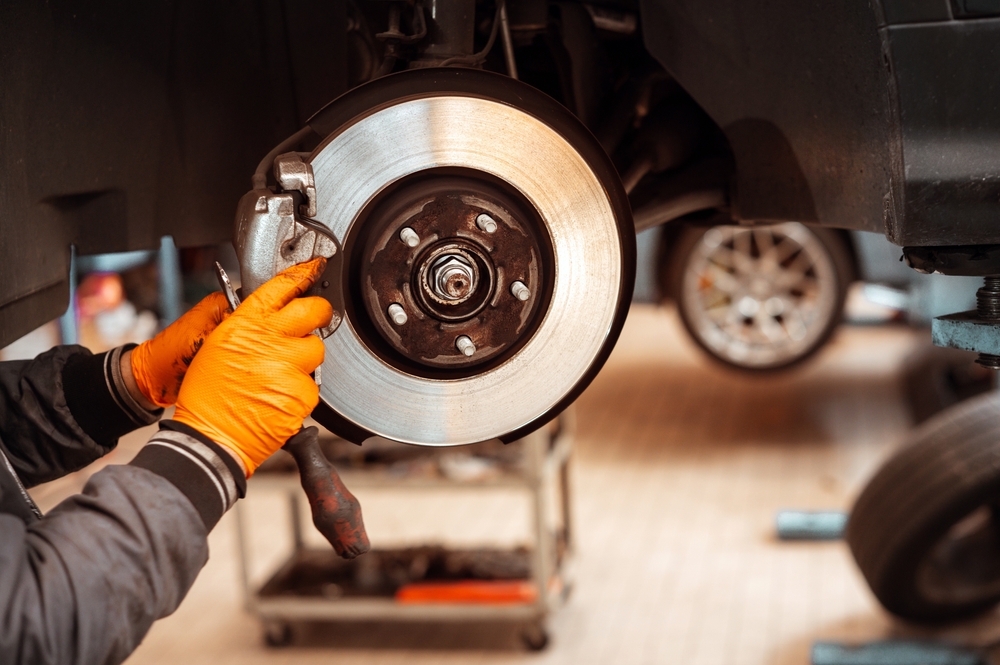As temperatures dip, you may notice your vehicle behaving a little differently. Winter weather doesn’t just make the roads slippery; it affects everything from your car’s engine to its battery.
At Kwik Kar, we know that understanding these cold-weather quirks can help keep your car in top shape throughout the winter months. Here’s a deep dive into some unusual ways winter impacts your vehicle, along with tips to help prevent winter-related issues as you experience a winter in Dallas.
Thickening of Engine Fluids
Winter temperatures can significantly impact the fluids that keep your vehicle running smoothly. Engine oil, transmission fluid, and antifreeze tend to thicken in cold weather. This reduced flow makes it harder for the engine to start and perform optimally, as these essential fluids no longer circulate as efficiently. When oil thickens, for example, it requires more energy for the engine to pump, causing the car to feel sluggish.
Similarly, gear shifts may become more difficult or slow when transmission fluid doesn’t flow correctly. Switching to a winter-grade oil, like a lower viscosity or synthetic blend, can help keep your engine lubricated and functional even in colder temperatures.
Battery Drain in Cold Weather
Low temperatures can be particularly harsh on car batteries. In fact, a car battery loses a significant percentage of its charge as the temperature drops. The chemistry within the battery cells slows down, requiring more power to start the vehicle.
For cars that already have older batteries, the strain may lead to battery drain. To avoid a mid-winter jump start, consider testing your battery before the first frost. A newer, fully charged battery is much better equipped to handle cold-weather demands. For added protection, battery warmers are available to help maintain battery performance in extreme cold, making it easier for your vehicle to start on icy mornings.
Tire Pressure Fluctuations
One common yet surprising effect of cold weather is a drop in tire pressure. When the temperature falls, the air inside your tires contracts, lowering the internal pressure. Low tire pressure can affect handling and fuel efficiency, making it essential to keep an eye on tire inflation levels.
Many drivers notice their tire pressure monitoring systems (TPMS) alerting them to low pressure during winter. Regularly checking and adjusting tire pressure is essential to ensure optimal traction and handling on icy or snowy roads. If winter tires are an option, they can further improve your vehicle’s stability during the colder months.
Frozen Fuel Lines
Although gasoline itself doesn’t freeze easily, moisture that makes its way into the fuel line can. When temperatures plunge, any water in your fuel lines may freeze, blocking the flow of gasoline to your engine.
The result? A car that’s difficult, if not impossible, to start. One simple preventative measure is to keep your gas tank at least half full during winter. Doing so reduces the likelihood of condensation forming in your fuel lines, minimizing the risk of ice and keeping your car ready to go. Remember, though, avoid topping off your tank!
Sluggish Touch Screens and Displays
Many modern vehicles come equipped with LCD screens on the dashboard or entertainment systems. Cold temperatures can affect these screens because the liquid crystals slow down when exposed to low temperatures, making the display less responsive.
This might lead to slower touchscreen responses or slightly dimmer screens until the vehicle interior warms up. While there’s no immediate fix for this, parking in a garage or allowing your vehicle’s cabin to heat up before heavy screen use can help preserve the longevity of your vehicle’s electronic displays.
Brittle and Rigid Rubber Components
Cold temperatures can also wreak havoc on rubber parts, making them brittle and less flexible. Rubber components tend to harden in cold weather, from windshield wiper blades to door seals and engine belts. For example, frozen door seals can make it challenging to open car doors, and stiff wiper blades may crack or struggle to clear ice and snow off your windshield.
To prevent frozen doors, wipe down your rubber gaskets with a silicone-based spray, which helps repel moisture. Lifting your wiper blades off the windshield before a snowstorm can also prevent them from sticking and cracking. Lastly, inspect your vehicle’s belts and rubber components for any signs of wear, as winter conditions can exacerbate existing issues.
Prepare Your Vehicle for the Cold with Kwik Kar Auto Services
Winter weather brings unique challenges, and Kwik Kar is here to help keep your vehicle running smoothly throughout the season. Taking simple preventative measures, such as checking your battery, topping off fluids, and ensuring proper tire pressure, can make a big difference when temperatures drop.
Our expert technicians are always ready to help you navigate winter vehicle maintenance, so visit your local Kwik Kar to stay ahead of the season and keep your vehicle in peak condition.
REQUEST AN APPOINTMENT
No appointment necessary, but feel free to let us know you're coming!
